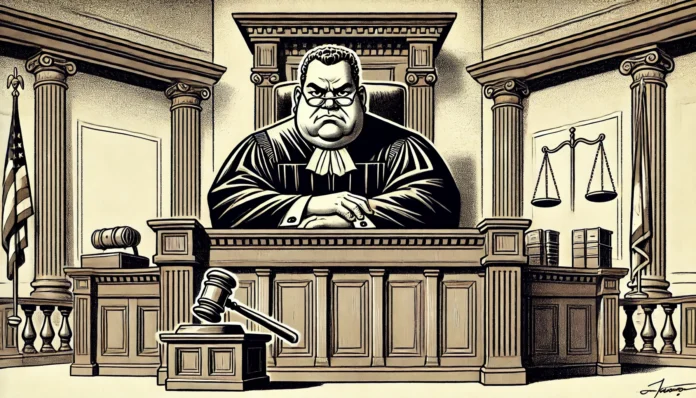Religious Exemptions vs Civil Rights: When Belief Conflicts with Law
In recent years, the tension between religious liberty and civil rights has become a defining issue in American society. As the United States grows more diverse and secular, the question of how to balance the right to religious freedom with the imperative to protect civil rights and equality has become increasingly complex. This debate is not merely theoretical; it plays out in courtrooms, legislatures, and communities across the country, often with profound consequences for individuals and society at large.
The Rise of Religious Exemptions
Religious exemptions are legal provisions that allow individuals or organizations to opt out of certain laws or regulations on the basis of sincerely held religious beliefs. While the First Amendment guarantees the free exercise of religion, the scope of this protection has been hotly contested. In recent years, religious exemptions have been invoked in a variety of contexts, from healthcare to business services, often pitting religious claimants against those seeking equal treatment under the law.
One of the most high-profile examples is the case of Masterpiece Cakeshop v. Colorado Civil Rights Commission. In this 2018 Supreme Court case, a Colorado baker refused to create a wedding cake for a same-sex couple, citing his religious beliefs. The couple argued that this denial constituted discrimination based on sexual orientation, in violation of Colorado’s anti-discrimination laws. The Supreme Court ultimately ruled in favor of the baker, but on narrow grounds, leaving unresolved the broader question of whether religious beliefs can justify discrimination against LGBTQ+ individuals.
Healthcare and Religious Refusals
The conflict between religious exemptions and civil rights is not limited to the wedding industry. In healthcare, providers have increasingly sought exemptions from laws requiring them to provide certain services, such as contraception, abortion, or gender-affirming care, on religious grounds. For example, some pharmacists have refused to fill prescriptions for emergency contraception, and some hospitals have denied procedures like sterilization or abortion, citing religious doctrine.
These refusals can have serious consequences for patients, particularly those in rural or underserved areas with limited healthcare options. According to American Atheists, religious exemptions in healthcare can undermine patient autonomy and disproportionately harm women, LGBTQ+ individuals, and religious minorities. The organization argues that allowing providers to deny care based on religious beliefs effectively prioritizes the beliefs of the provider over the rights and health of the patient.
Recent Supreme Court Decisions
The Supreme Court has played a pivotal role in shaping the boundaries of religious exemptions. In 303 Creative LLC v. Elenis (2023), the Court ruled that a Colorado web designer could refuse to create websites for same-sex weddings, again citing religious freedom. This decision, like Masterpiece Cakeshop, was celebrated by some as a victory for religious liberty, but criticized by others as a setback for LGBTQ+ rights and anti-discrimination protections.
These cases highlight the ongoing struggle to define the limits of religious exemptions. As Americans United for Separation of Church and State notes, the expansion of religious exemptions risks eroding the principle of equality before the law. When religious beliefs are used to justify discrimination, the rights of others—particularly those belonging to marginalized groups—are put at risk.
Societal Impacts and the Pluralistic State
At the heart of this debate is the challenge of governing a pluralistic, secular society. The United States is home to people of many faiths, as well as those who identify as nonreligious or atheist. In such a society, laws are meant to protect the rights of all citizens, regardless of belief. When religious exemptions are granted too broadly, they can undermine this foundational principle, creating a system where some are above the law due to their faith.
For atheists and secular advocates, the issue is not about hostility toward religion, but about ensuring that religious beliefs do not infringe upon the rights and freedoms of others. As American Atheists and Americans United have argued, a truly free society requires a clear separation between church and state, where laws are applied equally and no one’s rights are subject to the religious beliefs of another.
Looking Ahead: The Future of Religious Exemptions
The debate over religious exemptions and civil rights is far from settled. As new cases make their way through the courts and legislatures consider new laws, the balance between religious liberty and equality will continue to evolve. For those who value a secular, pluralistic society, vigilance is required to ensure that religious exemptions do not become a license to discriminate.
Ultimately, the challenge is to respect genuine religious freedom while upholding the rights and dignity of all individuals. As the nation grapples with these questions, the voices of atheists, secularists, and advocates for church-state separation will remain crucial in shaping a fair and just society for everyone.

